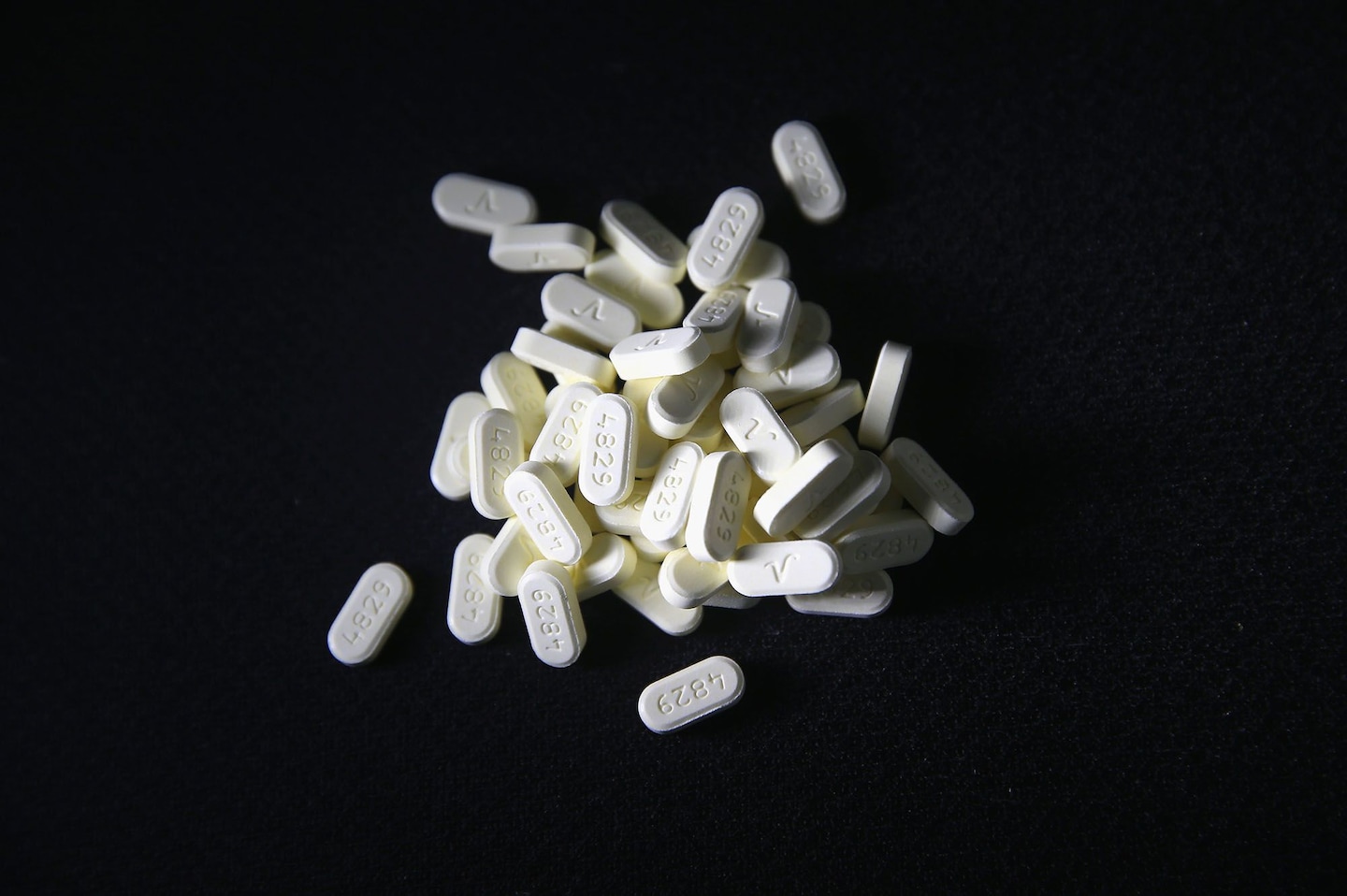Congress urges DOJ, Treasury to examine drug companies aiming to turn opioid settlements into tax breaks

“The Committee’s investigation shows that four companies that contributed to an opioid crisis that has killed half a million Americans and continues to claim tens of thousands of lives every year may now be attempting to put taxpayers on the hook for billions of dollars in settlement costs,” the members said in the letter. “This would be an outrageous tax benefit to line the pockets of bad corporate actors.”
McKesson said in regulatory filings it plans to claim a $1.4 billion tax benefit, AmerisourceBergen plans to claim $1.1 billion, and Johnson & Johnson plans to claim $1.1 billion. Cardinal Health has already filed for a $974 million tax refund but cautioned in a recent filing that “it is possible that the tax authorities could challenge these tax benefits.”
In an emailed statement, Jake Sargent, a Johnson & Johnson spokesman, acknowledged that the opioid crisis is “a public health issue that requires a public health response,” he said. “Our nationwide settlement with a majority of U.S. states and territories will directly support state and local efforts to make meaningful progress in addressing the opioid crisis.”
Cardinal Health spokesman Erich Timmerman said in an email the company has been forthright about its approach to opioid-related tax obligations, which he said is permissible under federal law.
Spokespeople for AmerisourceBergen and McKesson declined to comment.
Nicole Navas Oxman, a Justice Department spokeswoman, confirmed that the agency “has received the letter and will review it.” Alexandra LaManna, a Treasury Department spokeswoman, declined to comment.
There is uncertainty in the law about these types of tax breaks, said Matthew Gardner, a senior fellow at the nonprofit Institute on Taxation and Economic Policy. Though recent changes to the tax code have attempted to close loopholes that permit companies to deduct legal settlements or governmental fines from taxes when they have committed wrongdoing, many firms push to make sure their settlements include a “restitution” payment for victims — a measure that often qualifies them for deductions, Gardner said.
All four firms agreed to pay “compensatory restitution” payments to the victims of the opioid crisis but disavowed any legal liability or wrongdoing, according to the language in their final settlement agreements. The companies have said they produced government-approved prescription pills, distributed them to registered pharmacies and took steps to try to prevent their misuse.
In their letter, House members questioned the legality of the deductions. Damages paid to government entities as the result of a government investigation into a potential violation of law are generally not eligible for deduction, the lawmakers said, citing the U.S. tax code. The lawsuits brought by thousands of states, localities and tribes alleged that drugmakers engaged in false and misleading marketing about the dangers of their products and that drug distributors failed to report the misuse of their products to authorities.
“If the $26 billion settlement at issue is related to violations of federal, state, or local law, then these companies should not be allowed to shift the financial burden of the damage they have caused to American taxpayers,” committee members said in the letter.
The lawmakers expressed particular concern over Cardinal Health’s “highly questionable” plan to use a tax provision Congress included in last year’s Cares Act relief package, intended to help companies struggling during the pandemic. Cardinal Health, which agreed to pay $6 billion in the final settlement, has said it plans to use the Cares Act tax provision to increase the size of its opioid settlement tax benefit by $420 million, filings show.
At the beginning of the pandemic, Congress expanded the ability for companies to receive tax refunds on losses to quickly get cash to businesses facing economic peril. Because there were few restrictions, billions of dollars in tax breaks have gone to companies that laid off thousands of workers and firms largely unaffected by the pandemic. There is little evidence the tax relief has trickled down into the pockets of struggling families.
Cardinal Health, a company with a $15 billion market capitalization, grew its revenue in each of the past two years, according to regulatory filings. It has over $3 billion in cash available.
In response to a question from Congress about whether its tax deduction was consistent with the “intent” of the Cares Act, Jessica L. Mayer, Cardinal’s chief legal and compliance officer, pointed out that the law says nothing about tax breaks being available only to companies in poor financial condition.
“Neither the text of the CARES Act nor the legislative history or IRS rulings would prohibit the application of the CARES Act provisions to facts such as ours,” Mayer said in Cardinal’s response letter last year.
As part of its investigation last year, the House committee asked drug companies to provide “a complete list of current and former employees who have been disciplined” for their roles in opioid sales and compliance programs. In response, “none of the companies identified meaningful discipline taken against their executives,” the members said in their letter this week.
Meryl Kornfield and Kevin Schaul contributed to this report.






